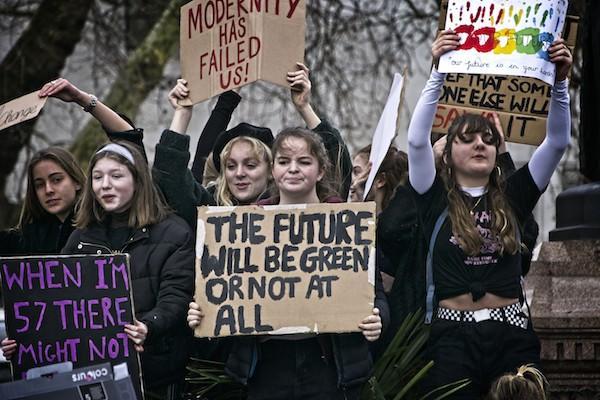The upcoming 2024 presidential election is anticipated to be a rematch between former President Donald Trump and President Joe Biden, which has left swing state voters feeling disillusioned. However, there is a glimmer of hope for those seeking an alternative to the two major party candidates through third-party options. NBC News correspondent Shaquille Brewster emphasizes the potential impact these voters could have on the election’s outcome.
Exploring Alternative Candidates
Amidst the heated election atmosphere, third-party candidates are gaining traction as a viable alternative for voters dissatisfied with the main contenders. These candidates bring a fresh perspective and platform, appealing to those in search of a new approach to governance.
Influence on Swing State Voters
Third-party candidates may particularly resonate with swing state voters who aim to make their voices heard in a closely contested election. These voters hold the power to sway the results in key battleground states, making their support crucial for third-party candidates looking to make a difference.
Significance of Third Parties in Elections
While third-party candidates often face challenges in national elections, they play a vital role in shaping the political landscape. By providing voters with an alternative outside the traditional two-party system, third-party candidates contribute to a more diverse and inclusive political dialogue.
As the 2024 presidential election approaches, the impact of third-party candidates on the outcome cannot be underestimated. Swing state voters, in particular, may hold the key to determining the success of these alternative candidates and influencing the future of American politics.
third-party candidates present a unique opportunity for voters to express their discontent with the current political climate and advocate for change. As the election nears, the influence of these candidates on swing state voters and the overall outcome remains to be seen.
‘Double Haters’ and Their Role in the Election
Leading up to the presidential election, a new term has emerged to describe a significant group of voters – ‘double haters’. These individuals harbor negative feelings towards both major candidates, creating a dilemma in choosing who to support. This unique voting behavior could be a decisive factor in determining the election’s outcome.
Understanding the ‘Double Hater’ Phenomenon
‘Double haters’ are voters who hold opposing views towards both major candidates in an election. They may disagree with their policies, question their integrity, or deem them unfit for the presidency. While this sentiment is not uncommon in political campaigns, the prevalence of ‘double haters’ in the current election cycle is noteworthy.
Impact on Election Results
When a substantial portion of the electorate falls into the ‘double hater’ category, it can significantly influence the election results. These voters may opt to abstain from voting, support a third-party candidate, or switch their allegiance to a candidate from a different party. Their decisions have the potential to sway the election in unexpected ways, as seen in past elections where third-party candidates garnered substantial support from disillusioned voters.
Benefits and Strategies for Engaging ‘Double Haters’
For candidates and campaign strategists, understanding the mindset of ‘double haters’ is crucial. Here are some practical tips for addressing the concerns of this voter demographic:
- Listen to their grievances and incorporate them into campaign messaging.
- Provide viable solutions to the issues that matter most to ‘double haters’.
- Engage in authentic dialogue to establish trust and credibility with these voters.
Case Studies and Personal Experiences
Several elections in recent history have been impacted by the presence of ‘double haters’. One notable example is the 2016 presidential election, where a significant number of voters expressed disdain for both major candidates, leading to surprising outcomes in key battleground states. Candidates who effectively appeal to ‘double haters’ stand a better chance of securing their support.
As a voter myself, I have faced the dilemma of being a ‘double hater’ in past elections. It is a challenging position to be in, as neither candidate perfectly aligns with my values and beliefs. However, I believe every vote matters, and it is essential to carefully evaluate each candidate’s strengths and weaknesses before making a decision.
Final Thoughts
The phenomenon of ‘double haters’ is a crucial factor that could shape the outcome of the upcoming presidential election. Candidates who can successfully engage with this voter demographic and address their concerns have a higher likelihood of securing their support. As the election approaches, the influence of ‘double haters’ on the final results and the selection of the nation’s next leader will be intriguing to observe.
The original article can be found here.




